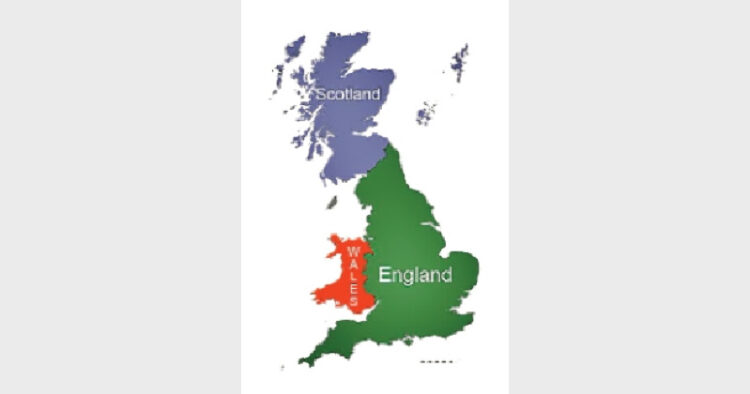 On September 18, 2014 a remarkable event will take place in Great Britain that would be a shock to the world. On that date a referendum will take place on whether Scotland should be an independent country of Great Britain. Acceptance of this concept had been arrived at following an agreement between the Scottish Government and the United Kingdom on November 14, 2013. The Agree-ment received Royal Assent a month later on Decem-ber 17, 2013. As recommended
On September 18, 2014 a remarkable event will take place in Great Britain that would be a shock to the world. On that date a referendum will take place on whether Scotland should be an independent country of Great Britain. Acceptance of this concept had been arrived at following an agreement between the Scottish Government and the United Kingdom on November 14, 2013. The Agree-ment received Royal Assent a month later on Decem-ber 17, 2013. As recommended
by the British Election Commis-sion, the referendum question will be: “Should Scot-land be an independent country?”
| What is the necessity for separation?? |
Large sections of educated people all over the world would probably be surprised to know that Scotland and England were united to form the Kingdom of Great Britain way back in 1707. Prior to this Scotland was an independent country for over 800 years. Now, almost three centuries later, Scotland wants to be independent. Sponsoring the separation is the Scottish National Party (SNP) which became the largest party in the Scottish Parliament in the 2007 polls. Why on earth the Scots want to be “free” is anybody’s guess.
Recent polls organised by the Scottish Daily Mail early in August showed that 50 per cent of respondents planned to vote against independence. By contrast, just 37 per cent said they planned to vote for a split, while 13 per cent said they were undecided. Unless there is a “seismic change” for all purposes, the United Kingdom will not break and will remain what it has been: United.
But nobody is taking the newspaper poll for granted. The people have two options: one, vote to stay within the Union. The other, vote for separation. In the end, one has only to wait and see. Anything is possible. Of course, one doesn’t expect the separatists to take recourse to violence whichever way the wind is blowing. To resort to violence would be barbaric and very un-British. But suppose the separatists win, even by a small margin or for that matter lose, similarly by a small margin? What is likely to happen? What would be the consequences? If Great Britain accepts separation—can we call it partition?—will it be the end of its Greatness? One what grounds can a partitioned Britain have the right to be a Permanent Member of the UN Security Council? If it refuses to quit what would be the next step the United Nations may be forced to take? Besides, if Britain were to be dispossessed of its rank, would Russia have the right to stay on considering that the Soviet Union ceased to exist a long while ago? There are many such questions that will inevitably arise which need to be faced. Again will a separate Scotland accept the Queen as the head of State? What would the currency note look like? The principal options are to establish an independent Scottish currency, or join the European
Union’s single currency, the Euro or retain the Pound Sterling.
According to information presently available, the Scottish National Party (SNP) favours continued use of the Pound Sterling through a formal Currency Union with the United Kingdom and the Bank of England setting interest rates and laying down monetary policy with the latter acting as Scotland’s Central Bank. The current belief seems to be that a Currency Union would be in both Scotland and the United Kingdom’s interests, immediately post- independence. The UK is – and can remain – Scotland’s main trading partner primarily because both have a “relatively high degree of economic synchronosity”. As the current Scottish Government sees it, a Currency Union would save business in England, Wales and Northern Ireland £ 500 million in transaction costs while trading with Scotland.
The SNP advocates that an independent Scotland should have a relationship with the European Union similar to that which the UK has today, with the European body. Scotland may have to open up as many as a hundred embassies round the world. It will have to create a new flag in place of the Union Jack. It will also need to have a new national anthem to replace ‘God Save Our Gracious Queen’! One understand that the SNP is in favour of retaining the monarchy by a ‘personal union’ with the rest of the UK – whatever that means. What comes through as a tragedy is that the Scots want to be emotionally dissociated from the Anglican and the Welsh. What is the necessity for separation? Does the Battle of Banockburn still haunt the Scotts?
In what way will the Scotts improve their standard of living following partition is a big question.
M V Kamath? (The writer is a senior journalist and former editor of Illustrated Weekly)?














Comments